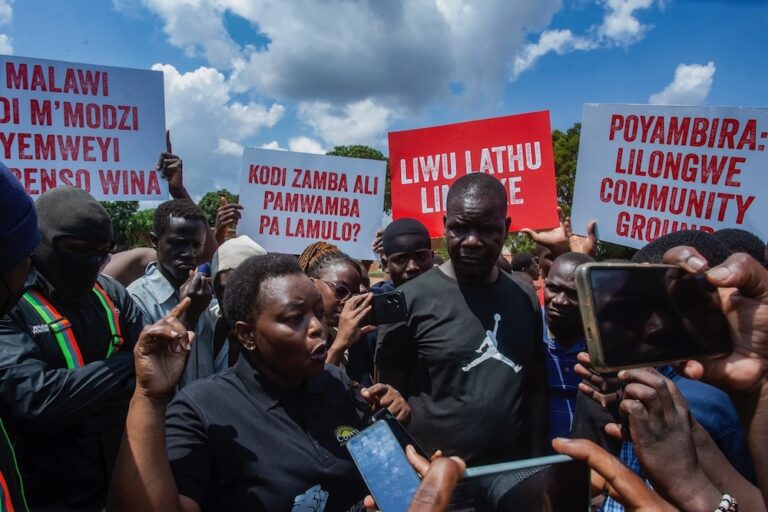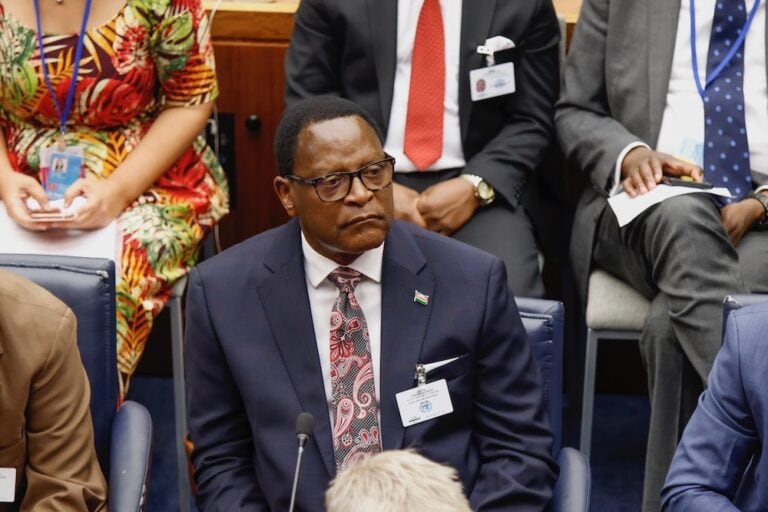Source: Reuters On 14 May 1996, Malawi President Bakili Muluzi warned journalists that he would not tolerate what he called “inaccurate reporting” which harmed the country’s image. Muluzi was apparently angered by a newspaper report which alleged that a local company had given him a free vehicle in order to give that company favourable treatment. […]
Source: Reuters
On 14 May 1996, Malawi President Bakili Muluzi warned journalists
that he would not tolerate what he called “inaccurate reporting”
which harmed the country’s image.
Muluzi was apparently angered by a newspaper report which alleged
that a local company had given him a free vehicle in order to
give that company favourable treatment. “I think the time has
come to say `enough is enough’,” he told members of the
Journalists Association of Malawi at his official residence in
Blantyre. “This government has a responsibility to protect its
image and the interests of the majority of its people,” Muluzi
said, adding that journalists, like politicians, were not above
the law.
Although Muluzi said that press freedom was guaranteed in Malawi,
he stressed that “If I seek legal advice, journalists should not
squeal and try to hoodwink the international community that the
president of Malawi and members of his government are depriving
journalists of their freedom.”
Appeals To


